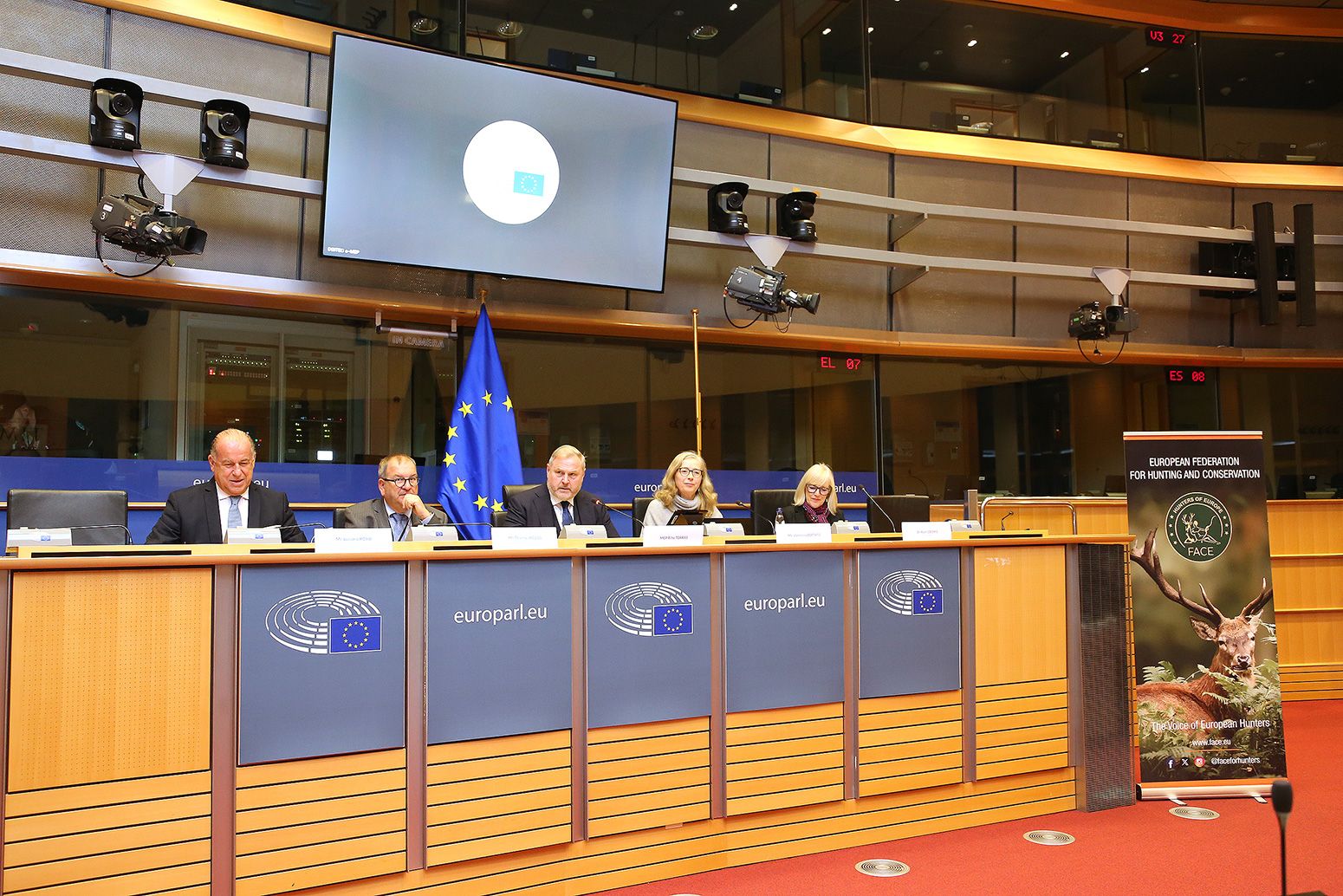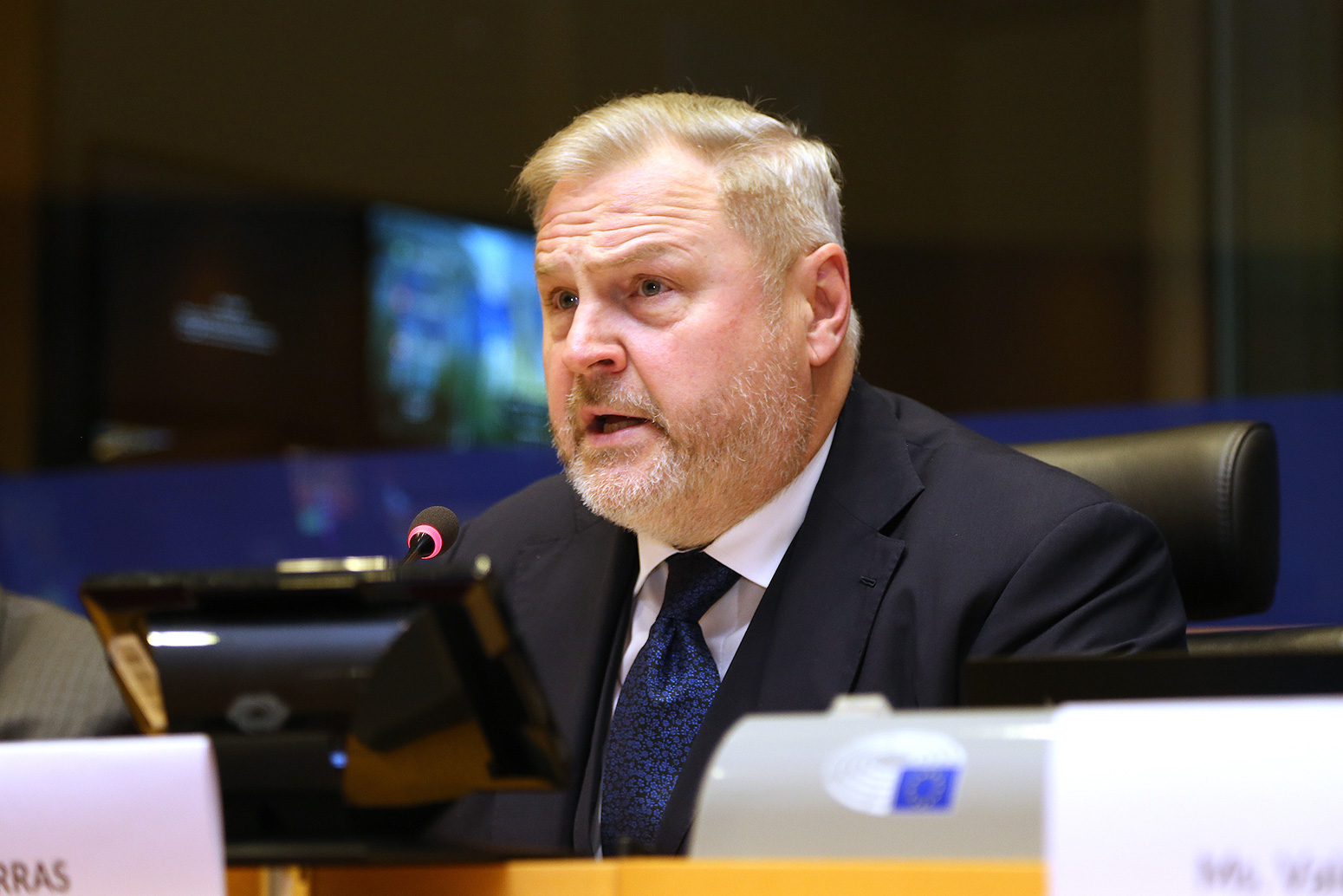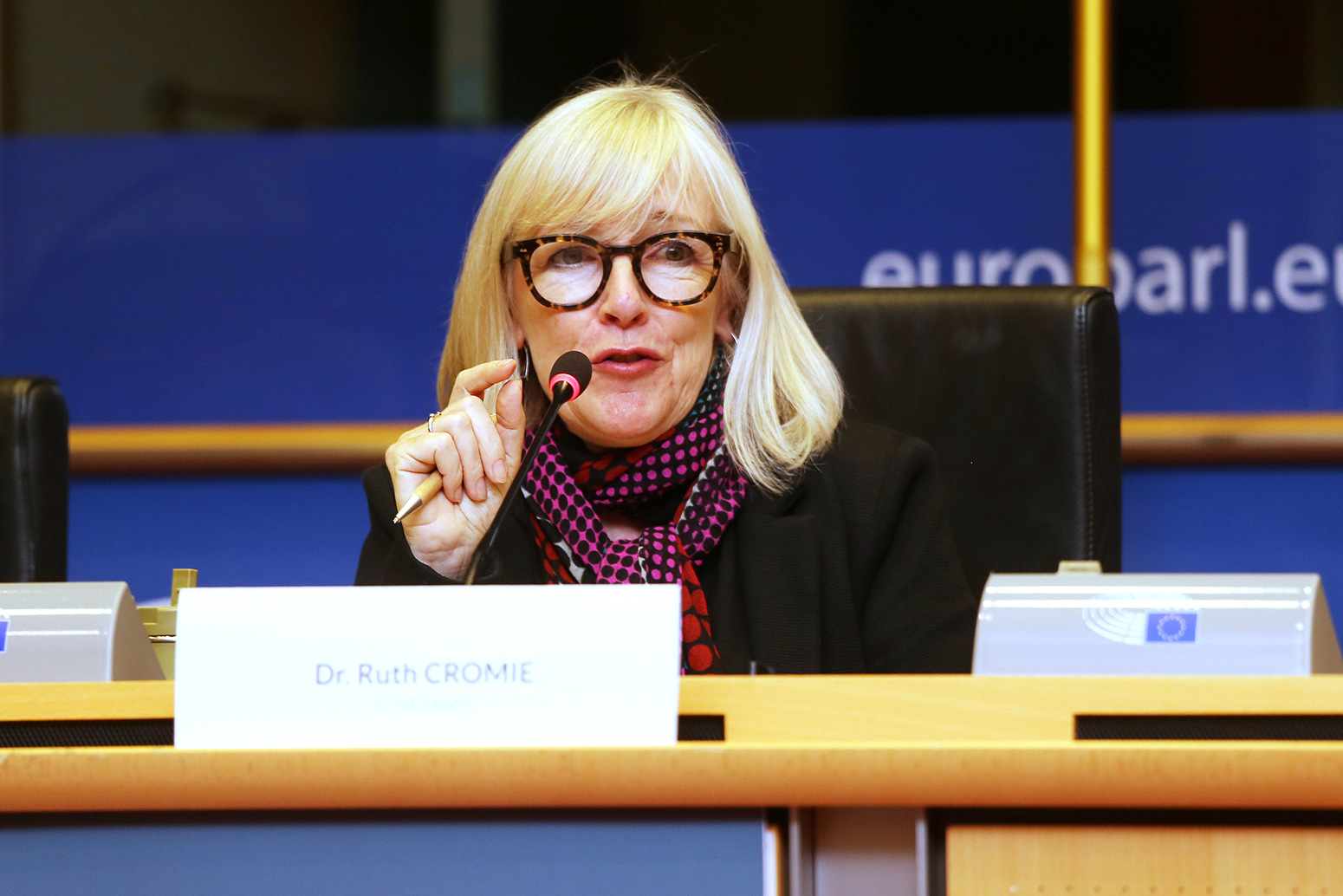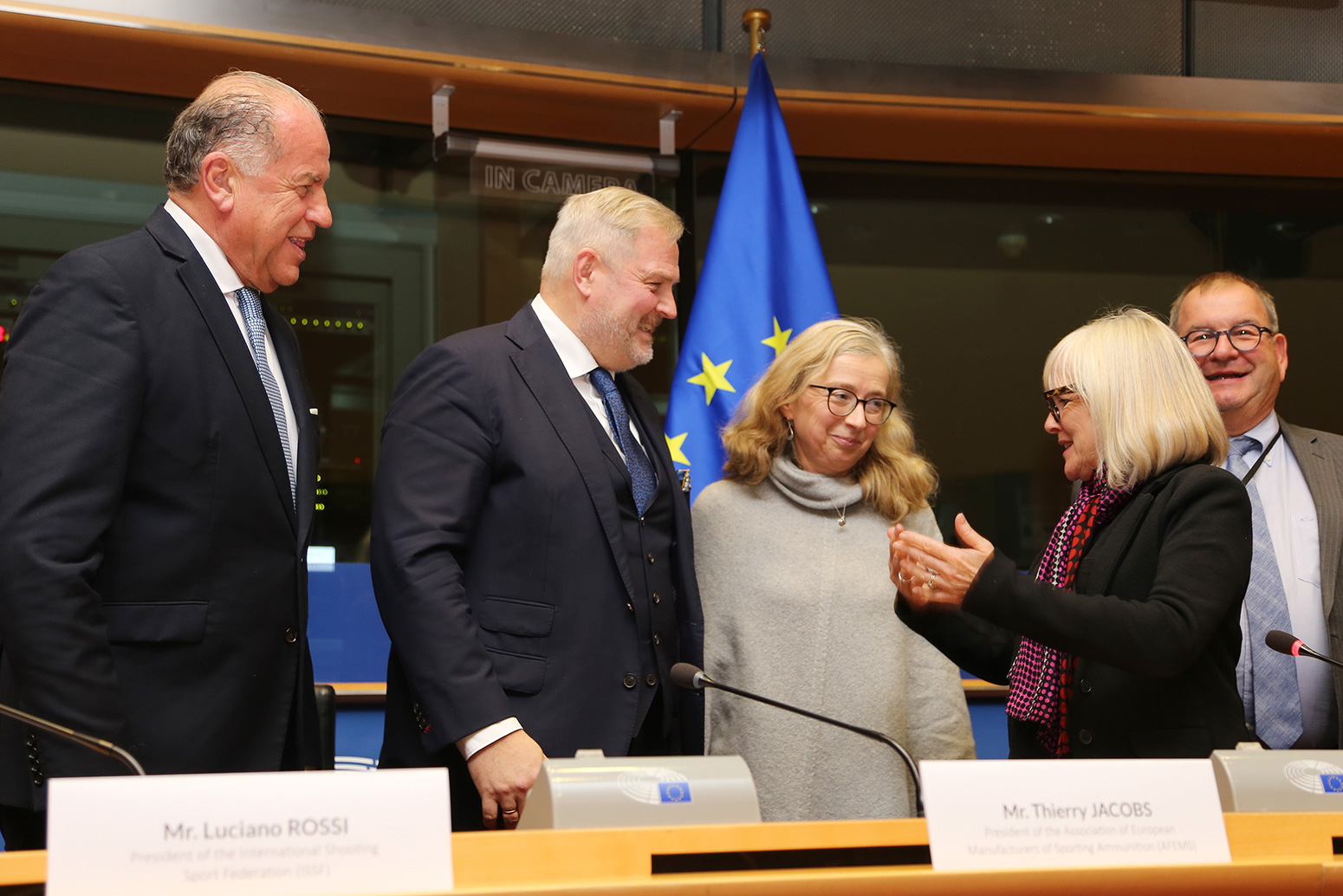23 Nov 2025 Restricting lead in ammunition in Europe: Implications and consequences
The event on “Restricting lead in ammunition in Europe: Implications and consequences”, hosted by MEP Riho Terras (EPP, Estonia), brought together key stakeholders to discuss the European Commission’s proposal to restrict the use of lead in ammunition for hunting and outdoor shooting. The discussion, which took place in the European Parliament on 18 November, focused on the implications of the restriction for hunting, sport shooting and related sectors, as well as for environmental protection and public health.
MEP Riho Terras, Vice-President of the “Biodiversity, Hunting, Countryside” Intergroup, who hosted the event, underlined the importance of a balanced approach, highlighting both the environmental objectives and the need to consider practical implications for hunters, sport shooters, Europe’s ammunition industry, as well as Europe’s defence capabilities.


Ms. Valentina Bertato from the European Commission’s Directorate-General for Environment (DG ENV) presented the proposal for a restriction on lead in ammunition, prepared based on the ECHA’s opinion, aiming to minimise the emissions to the environment while limiting the impact on hunting and sport shooting, thanks to specific exemptions and transitional periods before the bans start to apply. She added that defence preparedness will not be impacted as the use of bullets in shooting ranges is completely exempted.
Dr. Ruth Cromie, Research Fellow at Wildfowl & Wetlands Trust (WWT), underlined the scientific evidence on the impacts of lead ammunition on wildlife, the environment and human health and focussed on the benefits the restriction would bring. She stated: “This restriction is not just about the overwhelming evidence of harms caused by lead ammunition, it is about assuring the sustainability of hunting and image of shooting in a modern society. As other countries transition to the alternative non-toxic ammunition, I hope the EU seizes the opportunity to adopt this restriction and does not get left behind.”


Representing the European manufacturers of sporting ammunition, Mr Thierry Jacobs, President of the Association of European Manufacturers of Sporting Ammunition (AFEMS), presented the perspective of the ammunition industry. He stated: “The civil and military ammunition sectors are deeply interdependent: both rely on the same technologies, machinery and raw materials. Moreover, most European military producers also operate in the civil market, sharing facilities and resources. Any restriction on the civil side therefore has immediate consequences for the military one, even with the derogations and exemptions provided. Our industry remains ready for open and constructive dialogue, although its perspective has not been taken sufficiently into account so far.”
From the perspective of the shooting sports community, Mr Luciano Rossi, President of the International Shooting Sport Federation (ISSF), emphasised the need for regulations that are workable for athletes and clubs at all levels. He stressed that: “The European shooting sport community is deeply committed to sustainability and responsible action. Future regulations must remain practical, fair, and evidence-based, or they risk harming not only elite competition but also thousands of grassroots clubs. We urge a balanced approach that protects the environment while safeguarding the future of shooting sports in Europe.”
Several questions were posed to the panel of speakers, covering impacts on industry, defence, hunting, and dealers, as well as calls to adopt the legislation to address environmental and health concerns due to current delays.
As discussions on the proposed restriction on lead in ammunition continue in the REACH Committee, FACE will remain engaged with EU institutions, stakeholders and its Members.

